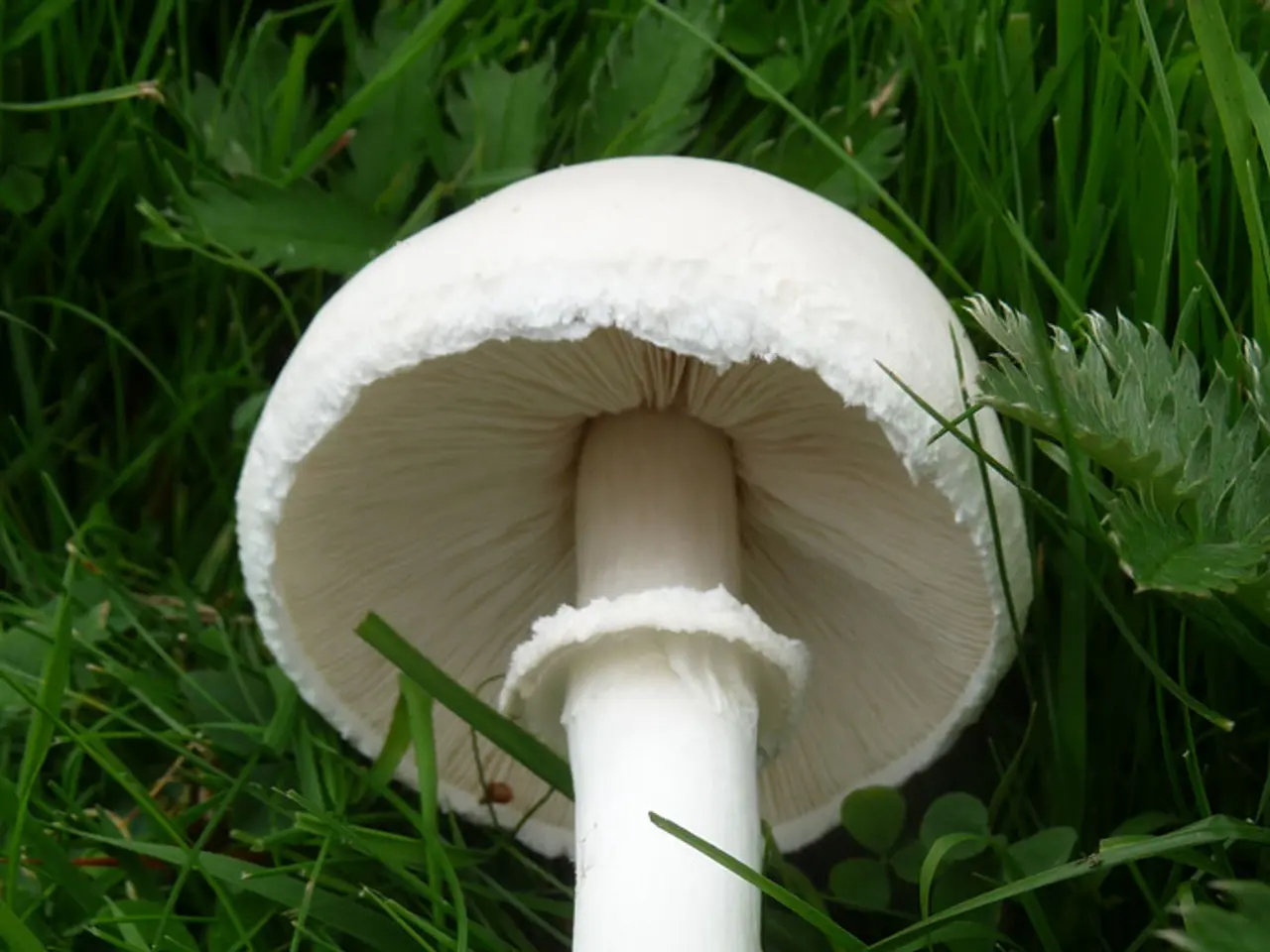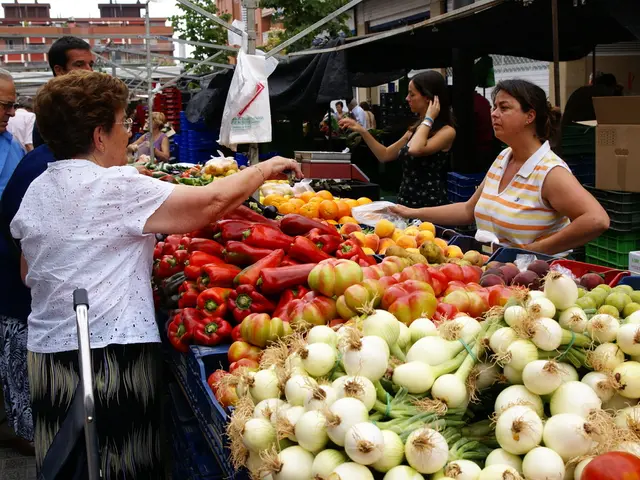Sixteen cannabis establishments given official approval in Saxony region
In a significant step towards drug policy reform, Germany has partially legalized cannabis use, with the implementation of the Cannabis Legalization Act by the former coalition government of SPD, Greens, and FDP. As of April 1, 2024, adults can now possess up to 25 grams and cultivate up to three plants for personal use.
Moreover, non-profit cannabis clubs, also known as cultivation clubs, were legally permitted starting July 1, 2024. These clubs, limited to 500 members, provide a legal framework for collective cultivation and consumption. With over 100 such clubs already approved, they can be found in major cities like Leipzig, Dresden, Chemnitz, and even smaller ones such as Görlitz.
However, the second phase of the legalization — which aimed to introduce regional pilot projects with commercial supply chains — has been delayed due to shifting domestic political dynamics. The newly elected coalition government has announced a planned open-ended evaluation of the cannabis law in the fall of 2025 before progressing further.
This evaluation could shape the future of commercial cannabis markets in Germany. The government's assessment effort, known as EKOCAN, is investigating the law’s impact on youth protection, general health, and cannabis-related crime.
Germany's recreational cannabis legalization, however, conflicts with the 1961 UN Single Convention on Narcotic Drugs and a 2004 EU Council ruling which prohibit non-medical cannabis production and trafficking. The country is contemplating either withdrawing from the UN treaty or ignoring it, similar to actions taken by Canada. These legal contradictions add complexity to Germany’s cannabis policy and its implementation within the EU framework, especially given Germany's participation in the Schengen Zone which imposes strict border controls on narcotics.
Until commercial supply chains are established, access is limited to personal cultivation, clubs, or the medical cannabis program. Consequently, medical cannabis prescriptions have risen moderately (+9%), but imports increased sharply by 170% in 2024 to meet demand, mostly from Canada.
In summary, while Germany has taken significant steps towards cannabis legalization, particularly for personal use and through cultivation clubs, the rollout is cautious and incremental. The country faces notable legal challenges at the international and EU levels and ongoing political and public health evaluations that will shape the future of commercial cannabis markets in the country.
[1] German Press Agency (2024). "Cannabis clubs: Over 100 applications approved for cultivation associations." [Online] Available: https://www.dpa.de/
[2] German Press Agency (2024). "Government to evaluate cannabis law in autumn 2025." [Online] Available: https://www.dpa.de/
[3] German Press Agency (2023). "Germany considers withdrawing from UN drug convention over cannabis legalization." [Online] Available: https://www.dpa.de/
[4] German Press Agency (2024). "Medical cannabis prescriptions rise as imports surge." [Online] Available: https://www.dpa.de/
In the context of health and wellness, the rise in medical cannabis prescriptions in Germany can be attributed to the recent legalization of recreational cannabis use, as well as the establishment of cannabis clubs for collective cultivation and consumption. Additionally, scientific investigations are underway, such as the EKOCAN assessment, to evaluate the law's impact on various medical-conditions, including its effect on youth protection, general health, and cannabis-related crime.




